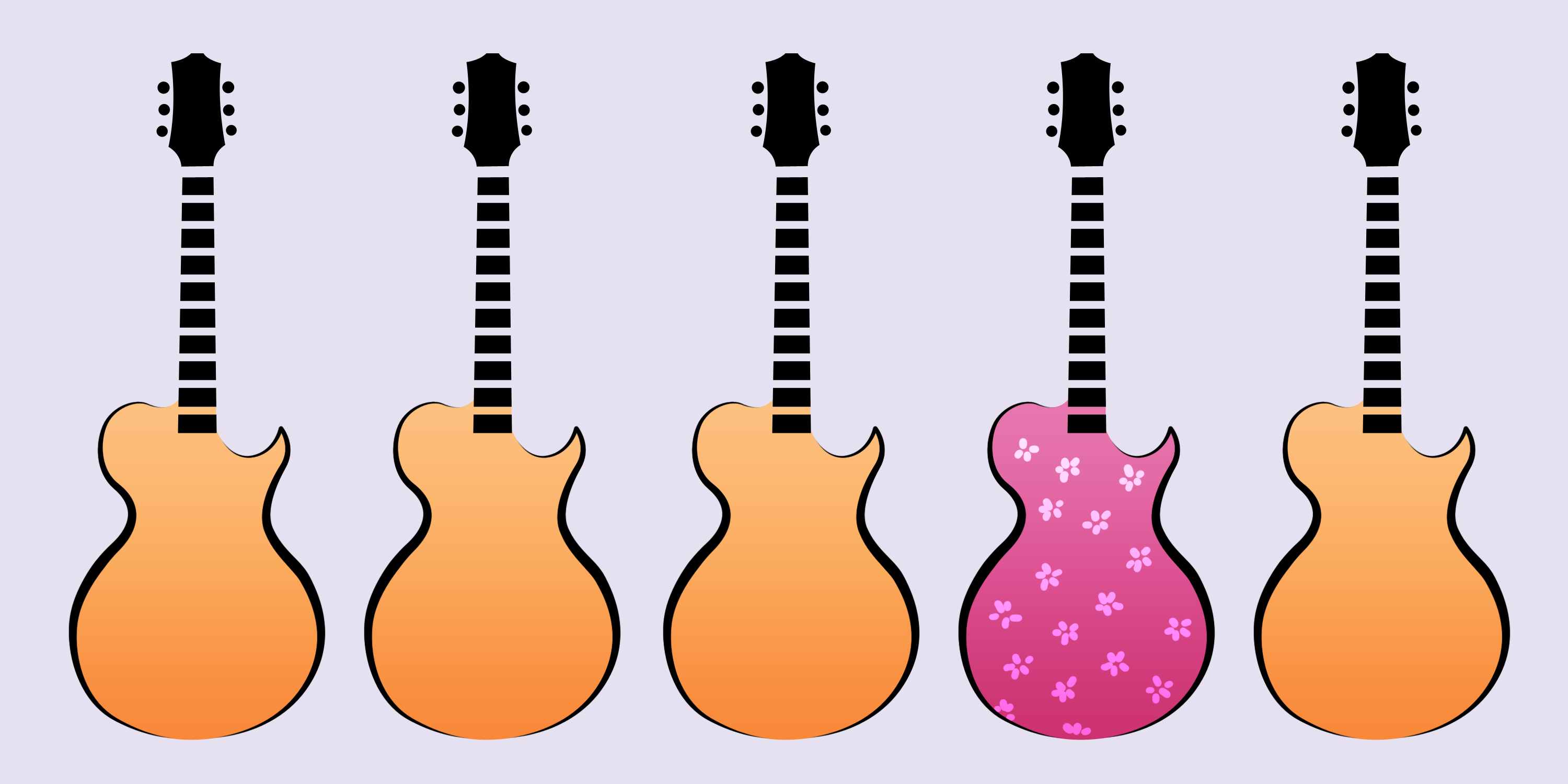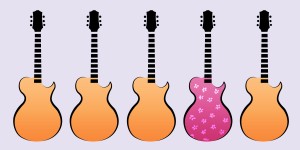Female artists underrepresented in K-W music scene


The Kitchener-Waterloo music scene, despite thriving and growing with each new band, has a lack of performing female musicians. Although not overwhelmingly strong, there is still the feel of a “boy’s club” culture that is inadvertently being perpetuated by the artists, both male and female.
“[The ‘boy’s club’ culture] is not super bad in K-W. It’s just the representation thing I think women are not encouraged to go into instrumental music in the same way. Women are encouraged into vocal and so-called ‘feminine’ artistic sound so you usually see women playing strings or piano. There aren’t that many women who are rocking out on stage, for example like being aggressive on stage or being space-taking. Women are taught to stand and sing and be pretty,” said Janice Lee, a local musician with the band Janice Lee and the Free Radicals.
This problem does not begin and end in K-W, but speaks to a larger issue within the music industry as a whole. Isi Ingles, a second-year Wilfrid Laurier University student who is a singer-songwriter, discussed the influence of pop stars, such as Britney Spears and Christina Aguilera, who only sing and do not play instruments or are involved in the song writing process. She and Lee both pointed out that there are not a lot of female recording artists are playing in a band format where they are able to rock out. This could be seen as an influence as to why there are a lack of female artists who also play instruments.
Ingles, Lee and Phoenix Arn-Horn, drummer of the local band Courage My Love, all have similar stories of people being surprised that they play instruments. All three expressed the thought that females are typically viewed as only the vocalists of the band and to see a female who plays an instrument, other than piano or strong instruments, occasionally confuses people.
“Nobody ever thinks that I’m the drummer, I guess because it’s not a typically feminine instrument … when I first was starting out … there were a couple of shows where they wouldn’t even let me in the green room because they thought I was just with the band,” explained Arn-Horn of the sexism she has received as a female artist. “Like no, seriously that’s me on the poster. I had to call my bass player, like ‘dude, can you talk to the security guard and tell them I’m actually in the band?’”
“[On a Facebook thread,] we were all just kind of venting about the reactions that we get in terms of walking into a music store, for example, and [the workers] assuming that you’re just a singer or assuming that you don’t play your instrument even though you’re asking for specific strings,” shared Lee.
Ironically, one of the biggest challenges of being a female musician can be competing against other female musicians for space or recognition. Instead of turning to each other for support, female musicians view each other as competition which can only hurt the community.
“I feel like sometimes when you go up against someone who is similar to you … [it’s] a little intimidating versus you go up to a really talented person of the opposite gender, they’re in a different box than you so it’s harder to compare. It’s seen more as competition,” said Ingles.
“A lot of the time, a huge problem is that females in arts are so competitive with each other. I think because it is such a small niche that a lot of the time they may feel like they need to be pitted against each other because there aren’t that many female fronted bands out there that are actually making it,” continued Arn-Horn. “I think it’d be a lot easier on everyone if we just stuck together … there aren’t that many of [us] and we all need to have each other’s back … even if they don’t mean to [be competitive] it’s kind of an underlying thing.”

